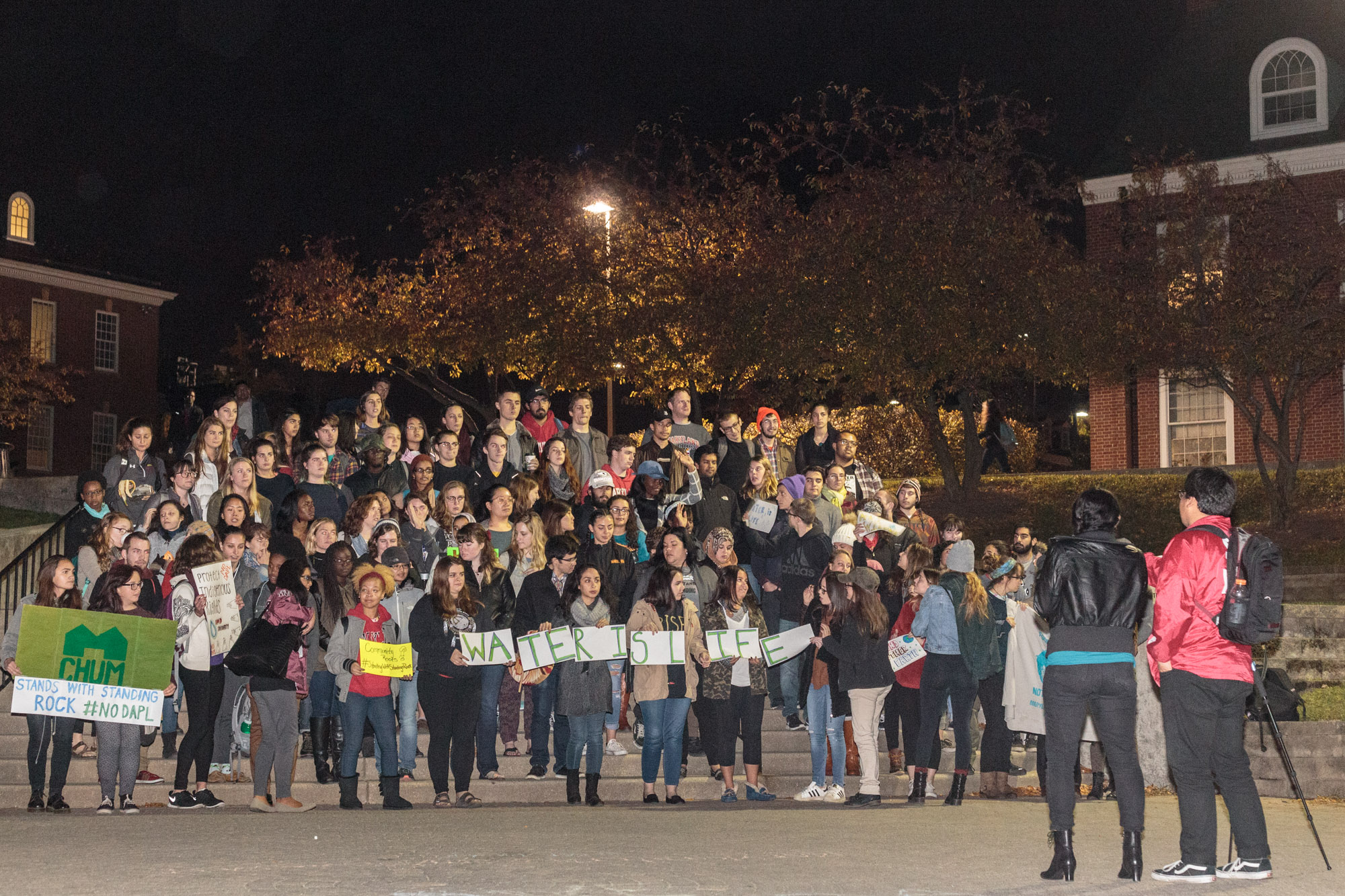Views expressed in opinion columns are the author’s own.
We’ve all heard criticism of “liberal bias” on college campuses at some point. Colleges and universities unavoidably get a bad reputation for being too radical. In the public imagination, college campuses are rife with censorship, safe spaces and trigger warnings. Conservatives often complain that a majority of college professors in the United States identify as liberals, which is often accompanied by commentary about “liberal brainwashing” in academia.
While it’s true that teachers can influence their students, the notion that college students lack the critical thinking skills to make political decisions without being completely swayed by their professors is, at the very least, belittling to students and the institutions they attend. It’s also far from the truth; a recent study by a self-identified conservative professor reveals that students leave college holding virtually the same political beliefs as when they began. This notion also avoids the real issue that bothers these critical conservatives: the unstoppable force of student activism and the very real changes liberal students are making at universities.
While not all of the petitions, proposed bans and various criticisms from liberal students are constructive — such as this university’s debacle with Milo Yiannopoulos last year, which raised serious free speech concerns — we cannot understate the difference these students make on college campuses and the effect those schools have on the whole country.
In fact, liberal college students have long been at the forefront of social and political change. From protests against the Vietnam War to anti-segregation sit-ins, time and time again left-of-center students have used their campuses as demonstration grounds for the change they want to see in the world.
It’s no surprise, then, that today’s institutions are no different; students remain committed to justice, change and pushing the boundaries. Students’ consistent vigor throughout decades can’t be reduced to “liberal brainwashing” — not when this phenomenon has been taking place for so long. Particularly not when student activists have a compelling track record of not only eliciting change but being on the right side of it, such as the student-led protests in Georgia that contributed to Atlanta outlawing segregation in public places in 1961.
The spirit of these historical developments runs through more recent student-led advancements, such as 2015 anti-racism protests at the University of Missouri that forced the university president to resign. This student-led, often liberal, activism is a necessary part of American political culture and has implications that reach far beyond college campuses.
However, student activism isn’t infallible, sometimes running contrary to the core tenants of both liberal education and democracy. Rutgers University learned that the hard way when President Obama referred to its successful protest of Condoleezza Rice’s planned commencement speech as “misguided” and “[not] how democracy works best…when we’re not even willing to listen to each other.”
Despite the moments when student activism has run awry, the times it has elicited tangible change make it central to American culture, politics and democracy. It’s time to do away with dismissive rhetoric of liberal brainwashing and bias and instead focus on the issues students raise. Instead of cowering in fear from the ever-scary coeds, it’s time to confront the problems directly. Not all student movements are created equal, but the constant endeavor to push the boundaries shouldn’t be chastised — it should be celebrated. The more active and engaged students become within their institutions and their country, the better citizens they become.
Caitlin McCann is a sophomore communication major. She can be reached at caitlinmccann32@gmail.com.



